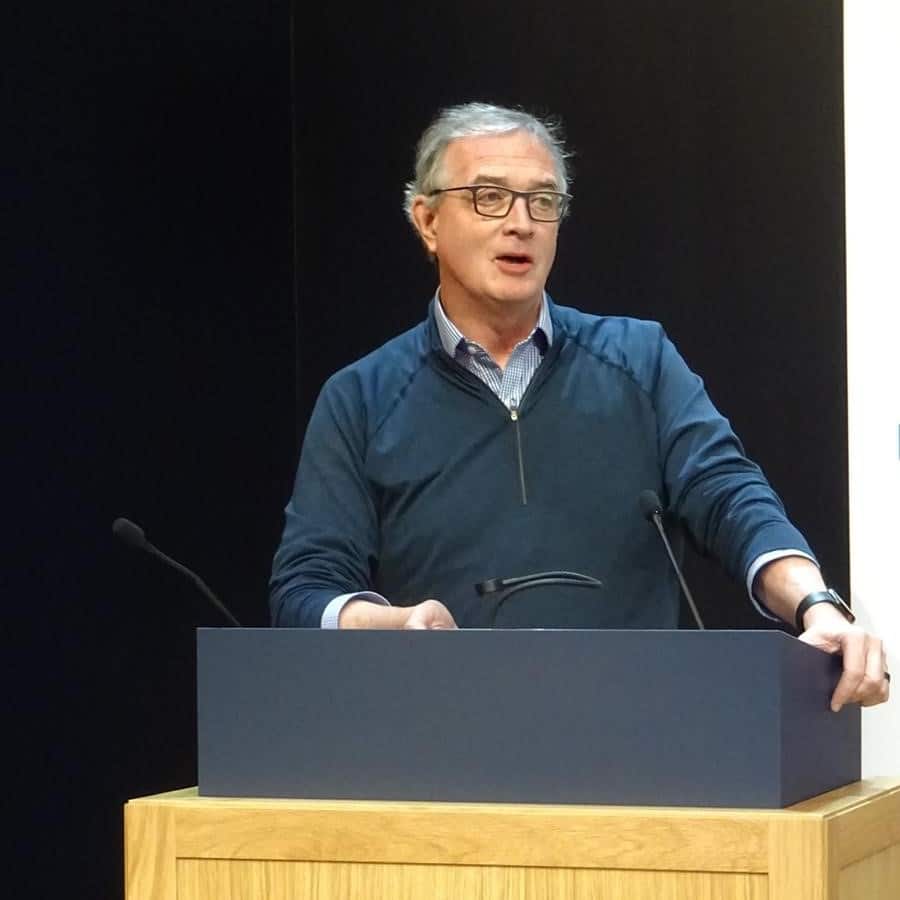Nobody is able to put as many “Ah, now I see (Eureka in Greek)” moments into a lecture quite like Stephen Friend. He has been a loyal and true friend of Inspire2Live since its early days, and he is a most friendly and generous lecturer. But you need to pay attention because every second contains importance. He was awarded the Hero of Cancer award of Inspire2Live in 2019.
His lecture in 2020 was about How digital devices might allow us to follow symptom transitions and the effects of life on chronic conditions.
You may need to think about the title alone for a minute. In essence it addresses the very fundamental issue of how can we make medicine into something that is about us, ourselves, our lives, again. Instead of about the statistics of our molecules. Misconceptions rule. That diseases develop in straight lines, that it is not possible to predict anything about a specific individual, that interventions are the exclusive field of experts, against a fee.
A doctor used his senses of sight, smell, sound etcetera to detect things about you, and then draw conclusions. Can the same be done in the digital world? Stephen himself was involved in early experimenting with this with Apple, on Parkinson’s disease. And they discovered that no two patients show the same pattern across all symptoms. And that each individual’s reaction to the medicine was different every day.
Transforming data (gathered by smart phones and smart watches and similar wearables) into clinical signals is no longer a dream, but an actual possibility. Together with partners they have set up a network and they are now ready to measure physical data and translate them into symptoms. On the levels of cognition, mood, sleep, gait and fatigue. Their first trial was on pregnancy, and it provided discoveries (like quality of sleep deteriorates in the last months) never objectively established and measured before. In years to come this will provide more and more access for the patients themselves to monitor their condition and to get useful insights into the impact of what happens in their life (e.g.stress) and how their disease reacts. They are right now working on setting up conditions and environments where a real patient might start using this. This is about social basis, trust and reliability, safety and privacy. The research theme for this particular development is menopause.
He concludes his lecture of 25 minutes with the worry that the mega-data-corporations are building up positions of dangerous power. The way he and his partners see to counter this is Open Source and low cost wearables.
I urge you to watch his complete lecture and enjoy the importance of his message, his generosity and clarity for yourself. *
* Please disregard the first 51 seconds because of lack of audio, the rest is perfect.
Tielo Jongmans
Patient Advocate Inspire2Live

